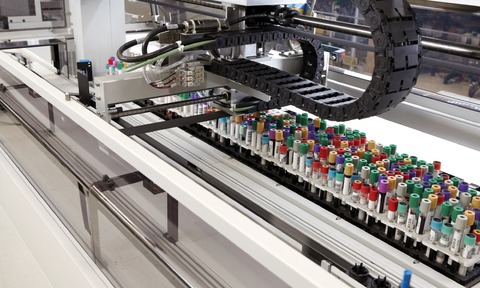Fourth industrial revolution to ‘disrupt jobs market’
19 Jan 2016

A report published by the World Economic Forum (WEF) suggests the fourth industrial revolution will put five million jobs at risk by 2020.
The ‘Future of Jobs’ report - published at WEF’s annual meeting - predicts the fourth industrial revolution will trigger an “enormous change” in the skills sets needed to thrive in developing fields such as nanotechnology, 3-D printing and biotechnology.
According to the report, automation and disintermediation will negatively impact over seven million jobs in the next four years, with that figure being partially offset by the creation of 2.1 million jobs.
Though the report predicts jobs will be created in engineering and maths, it says the healthcare and energy sectors will be most adversely hit.
The WEF report also suggests the fourth industrial revolution will cause a widening of the gender gap. The report says women will lose five jobs for every one gained, while men stand to lose three jobs for every job gained.
“Without urgent and targeted action today to manage the near-term transition and build a workforce with futureproof skills, governments will have to cope with ever-growing unemployment and inequality, and businesses with a shrinking consumer base,” said Klaus Schwab, founder of the WEF.
Meanwhile, a separate report published at the WEF annual meeting suggests young people understand the need to pursue “lifelong learning” to develop new skills as technology increasingly takes away routine tasks.
The Infosys study, which polled 1,000 people, reveals those aged 16-25 understand the need to be “agile” as the fourth industrial revolution ushers in “disruptive forces” in the jobs market.
Infosys managing director Vishal Sikka said: “Young people around the world can see that new technologies, such as artificial intelligence and machine learning, will enable them to reimagine the possibilities of human creativity, innovation and productivity.
“To empower these young people to thrive in this great digital transformation, our education systems must bring more focus to lifelong learning, experimentation and exploration – in addition to bringing computer science and technology more fundamentally into the curriculum.”

